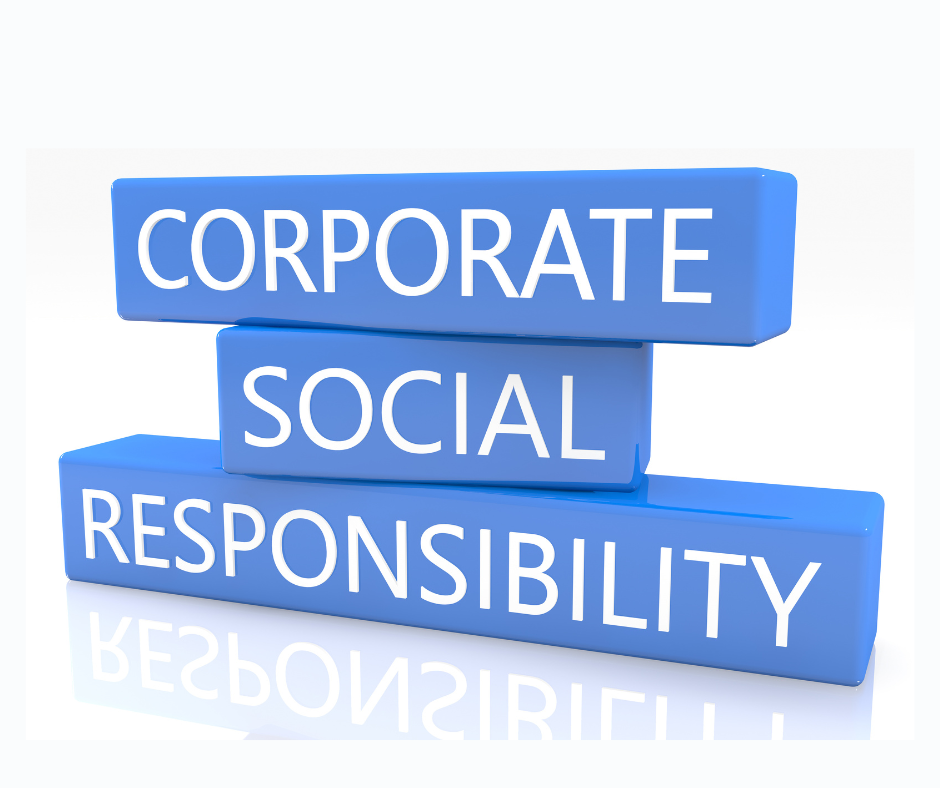In a world facing environmental crises, social injustice, and economic disparity, Corporate Social Responsibility (CSR) is no longer a buzzword — it is a powerful obligation. Businesses today hold unprecedented influence. What they choose to do with that influence will either drive positive change or deepen the crises we face.
This is a call to action — not just for big corporations, but for every modern business, startup, entrepreneur, and CEO. The age of silent spectatorship is over. This is the era where purpose-driven businesses will lead the global transformation — or be left behind.
Why CSR is No Longer Optional — It’s a Business Imperative
In the past, CSR was a side project — a philanthropic arm to polish a brand’s image. Today, it’s a core driver of sustainability, trust, loyalty, and long-term profitability.
Customers want to buy from ethical brands. Employees want to work for companies that care. Investors are directing capital toward sustainable businesses. Governments are tightening regulations.
CSR is no longer about charity — it’s about accountability, transparency, and survival.
The Emotional Cost of Inaction
Think for a moment.
How many communities remain voiceless while corporations extract and profit?
How many children walk miles for clean water while companies waste thousands of litres a day?
How many forests are vanishing, while industries stay silent?
The price of inaction is no longer measured in quarterly reports. It’s written in the air we breathe, the oceans we pollute, and the inequalities we overlook.
CSR is not a campaign. It’s a commitment.
From Policy to Purpose: How to Embed CSR in Your DNA
Here’s how your company can transition from surface-level responsibility to deep-rooted, impact-driven practices:
1. Start Local, Think Global
Understand the real needs of the communities around your business. Clean water, education, local jobs, digital access — CSR initiatives must address actual gaps.
2. Engage Your Team
When employees are involved in CSR, they find more meaning in their work. Encourage staff-led projects, community volunteering, and internal discussions around ethics and impact.
3. Align with UN SDGs
The United Nations Sustainable Development Goals provide a global framework. Pick the goals that resonate with your industry and commit to measurable progress.
4. Be Transparent
Publish annual CSR reports. Share your failures along with successes. Transparency builds trust.
5. Innovate for Impact
CSR isn’t just about giving back — it’s about reimagining business models to serve people and the planet. Develop sustainable products. Rethink supply chains. Invest in clean technology.
Your Brand is What You Give Back
In today’s interconnected world, a brand’s real value lies in its impact. Customers don’t just want good products. They want responsible products from responsible brands.
CSR doesn’t hurt your bottom line — it strengthens it. Brands like Patagonia, TOMS, and Unilever are living examples of how social purpose drives growth.
Every business can be a force for good.
The Future is Watching — What Will You Do?
There is no neutrality in business anymore. You’re either part of the solution or part of the problem. Your customers are watching. Your future workforce is watching. The next generation is watching.
It’s time to stop asking, “What can CSR do for our brand?” and start asking, “What can our brand do for the world?”
If your business isn’t making a difference — you’re missing the point.
Take Action Now
- Audit your current CSR practices.
- Launch at least one new initiative in the next quarter.
- Listen to your community. Empower your team. Act boldly.
CSR is not just a nice-to-have. It is the future of business. And the future is now.














